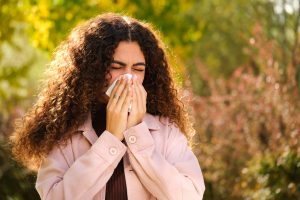 Rising summer temperatures can be unbearable for everyone. They can be even worse for senior citizens because they can be severely affected by heat-related illnesses. Some heat-related illnesses include:
Rising summer temperatures can be unbearable for everyone. They can be even worse for senior citizens because they can be severely affected by heat-related illnesses. Some heat-related illnesses include:
- Heat exhaustion
- Heatstroke
- Heat syncope
- Dehydration
- Heat cramps
- Heat edema
- Heat rash
- Sunburn
Older adults are at higher risk for heat-related illnesses and death. Factors that put older adults at greater risk include:
- Health problems such as heart, lung, or kidney disease.
- Skin changes that are caused by normal aging.
- Any illness that causes weakness or results in a fever.
- Drugs such as diuretics, sedatives, tranquilizers, and some heart and high blood pressure medications can make it harder for the body to cool itself off.
- Being on several prescription drugs at the same time.
- Being obese, overweight, or underweight.
- Drinking alcoholic beverages.
- Living in places without air conditioning or fans.
- Dehydration.
Hot summer days can make it difficult for the body to regulate its temperature. Especially for older adults. Here are some tips to keep them safe and prevent heat-related illnesses:
- Stay away from direct sun exposure as much as possible.
- Spend as much time in air-conditioned spaces as possible.
- Stay hydrated.
- Wear loose and light-colored clothing and a wide-brimmed hat.
- Take cool showers and baths.
- Avoid exercising outdoors and other physical activity when it’s hot.
- Wear broad-spectrum sunscreen that is SPF 15 or higher and reapply throughout the day.
- Find out if certain medications can contribute to heat-related illnesses.
If you are experiencing any heat-related symptoms, you can schedule an appointment at Jamaica Hospital Medical Center’s Cardiology Department by calling (718) 206-7100. If you are experiencing an emergency, please dial 911 right away.
All content of this newsletter is intended for general information purposes only and is not intended or implied to be a substitute for professional medical advice, diagnosis or treatment. Please consult a medical professional before adopting any of the suggestions on this page. You must never disregard professional medical advice or delay seeking medical treatment based upon any content of this newsletter. PROMPTLY CONSULT YOUR PHYSICIAN OR CALL 911 IF YOU BELIEVE YOU HAVE A MEDICAL EMERGENCY.









